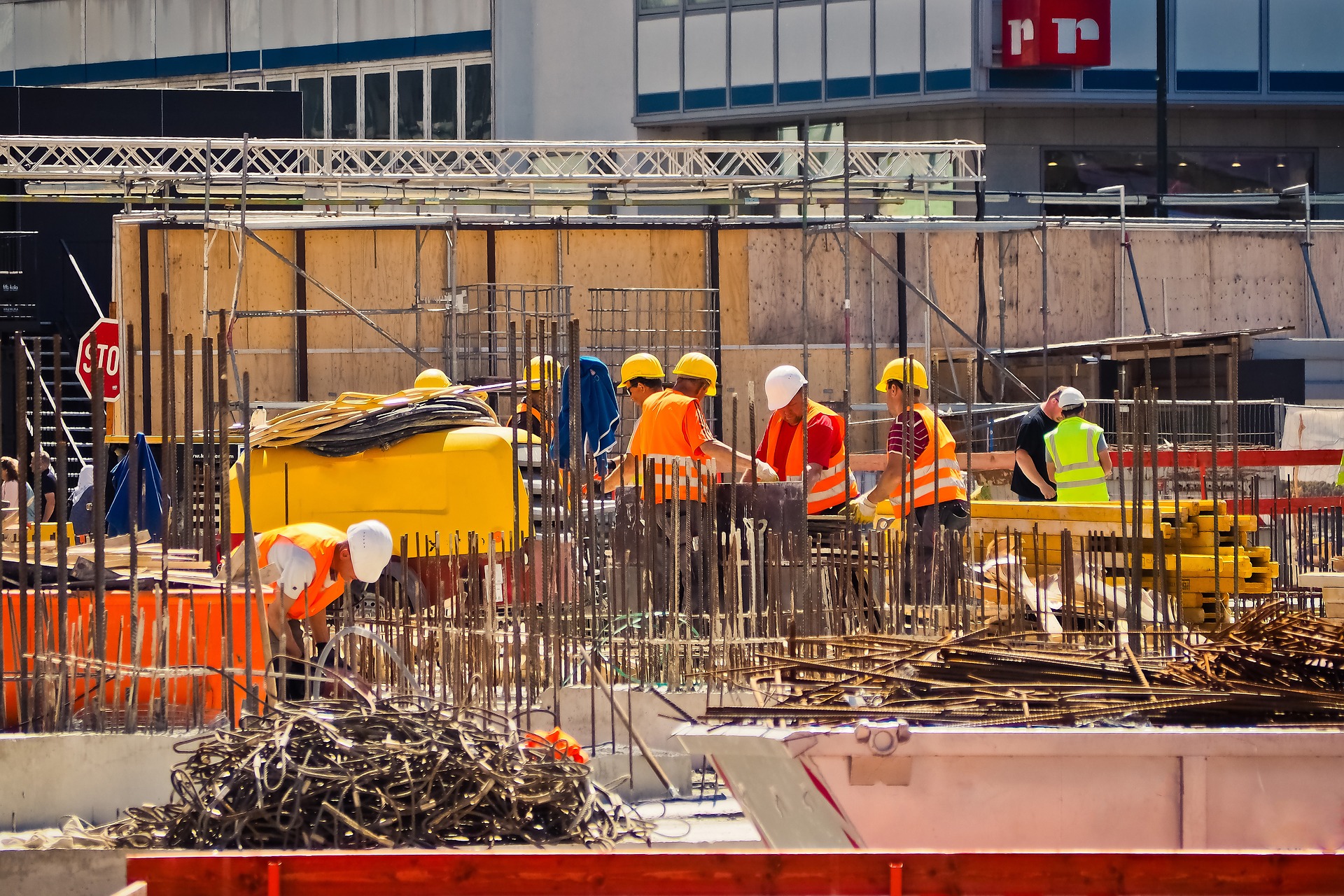Can A Plumber Become A Builder?
If you have been working as a plumber and fancy a career change, you may have been considering which option is right for you. Working within the trade, a lot of people assume that a person can move between trades without much additional training, but is there any truth to this? For example, can a plumber become a builder?
A plumber is a regulated tradesperson that specialises in working with things like water, irrigation, pipe work and some aspects of heating; depending on whether they have a gas safety certificate will depend on what they can work on. However, these skilled professionals do not have any training or education in construction so in order to become a builder, they would need to do additional training.
Specialising in any trade in the UK usually means completing one of two forms of education, each of which see you earning the same qualifications. These include an apprenticeship or a college course. If you took your education in plumbing then it would mean a total career change to get into building but it’s certainly possible.
However, if you have a passion for construction and want to speed up your career path to becoming a builder, you would be better off starting with something like carpentry. If you would then like to progress you can do so in several ways. It is possible to work your way up on the construction site but more often than not you would need to go on to complete an Advanced Apprenticeship or Higher Apprenticeship in Construction Management.
Can A Plumber Become An Engineer?
One of the great things about being a plumber is that you will have developed a good technical knowledge during your training so there are several career paths you may then choose to follow. If you’re interested in engineering and have previously completed a plumbing apprenticeship or college course then you may be able to continue your education and complete a higher national diploma which would then allow you to become an engineer. Following this career path could then open up several other opportunities within the construction trade such as contract management and estimating.
For some plumbers, working with heating is an area of interest but in order to be able to work on all aspects, you would need to train as a heating engineer. In addition to this, you must have a gas safety certificate in order to legally work on anything with a gas line in the UK.
Can A Plumber Become A Pipefitter?
The main role of a pipefitter is to install pipework in industrial settings such as power stations and factories. There are several ways that you can enter into this job including going to college to earn a level 2 qualification or through an apprenticeship.
There are different courses that you could take at college to become a pipefitter, one of which includes plumbing and heating. So, if you have already trained in this area, there is nothing stopping you from progressing your career to pipefitting. Other college options to become a pipefitter include engineering, welding and building services.
Can A Plumber Be A General Contractor?
A general contractor is a professional whose responsibility it is to organise the day to day running of a construction site or project. They can be trained in one or several trades and will also arrange work from other tradespeople such as electricians, carpenters, bricklayers and many more.
People who have trained in all types of trade can move on to becoming a general contractor provided that they have the relevant skills to organise and manage a project. Moving into this role will require several years experience in the building industry but you can also complete further education in order to get into this role. This might be in the form of a university degree in construction management or estimating or you might take part in an apprenticeship.
Of course, there are also opportunities to work your way up so if you have spent a good deal of time working under another GC as a plumber then you could use this to your advantage.
Can A Plumber Also Be An Electrician?
Plumbing and working as an electrician are vastly different jobs but you’ll sometimes find that certain aspects of each overlap. For example, as a plumber you may find yourself working on appliances like dishwashers and washing machines that also have electrical components. Should you find that the issue is related more to the electrical side of things, you’d then have to call in a qualified person to address this.
But if you had training in both areas, you wouldn’t need to do this. That said, while it is entirely possible to be both a plumber and an electrician, it would be no mean feat getting to this position. Both plumbing and electrics require you to take part in between three to four years training and it would be almost impossible to do these side by side. This would mean that you’d need to do up to eight years training before being able to advertise yourself as being capable of doing both types of trade.
Related Article: Can A Plumber Install A Boiler?
Conclusion
Training as a plumber does give you a wide variety of ways to further your career. You could work your way up and become a general contractor or you might decide to go down the route to becoming an engineer or pipefitter. However, there are some jobs that you will need to complete additional training for so you’ll need to weigh up the pros and cons to determine whether this would be worth it.
